Democratic candidate Pete Buttigieg’s childhood, college friends talk about his past
Friends from the 2020 candidate's past share about life in college with him.
In 2002, George W. Bush was president, “Friends” was in its ninth season, and Pete Buttigieg was 20 years old, studying for his undergraduate degree at Harvard University.
“I remember him outside of our dorm with sideburns and a guitar and a case with a lot of stickers on it,” Steven Koh, Buttigieg’s dormitory roommate, said. “Five or six… of us all lived together all four years of college. Within that group, Peter was really the one who was the keeper of the traditions and the keeper of the flame.”
As part of ABC News’ new series, “The Contenders at 20,” Buttigieg’s classmates from Harvard fondly remember the unexpected talents he developed.
“At some point, Peter acquired a didgeridoo, an Australian Aboriginal instrument,” Koh said. “Not only could he generate a tone with it, but he also taught himself circular breathing so that he could continuously breathe in and out while blowing on the didgeridoo, which meant that he could hold this note continuously forever, it seemed. It's classic Peter.”
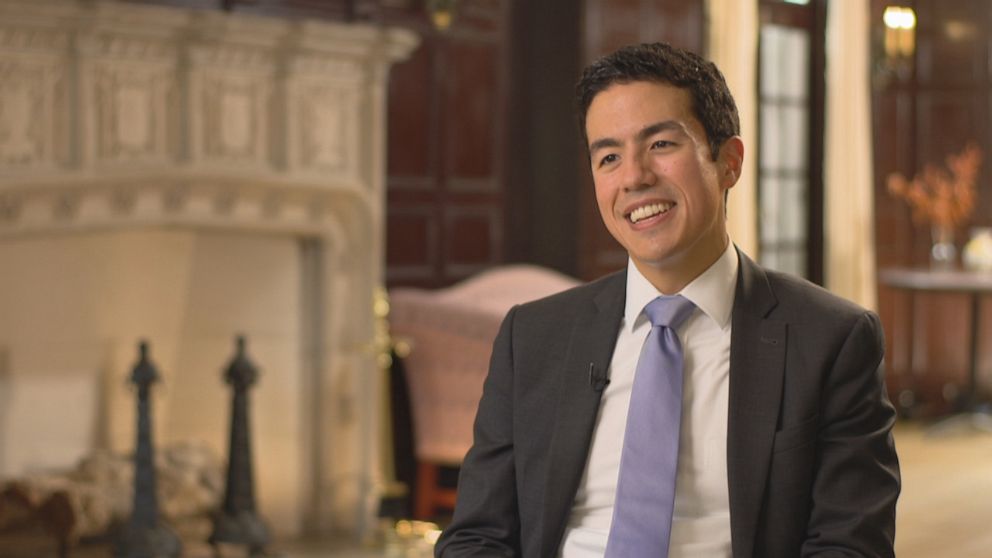
Mike Deogracias, who went to high school with Buttigieg, said he loved “the claw game -- the thing that comes down to pick up toys.”
Watch the full story on "Nightline" TONIGHT at 12:35 a.m. ET on ABC
“Oftentimes, I'd go to Walmart and he would be there, playing the game — you know, winning something and giving it to a kid,” he said. “Nobody can, like, really win the claw game, and he perfected it.”
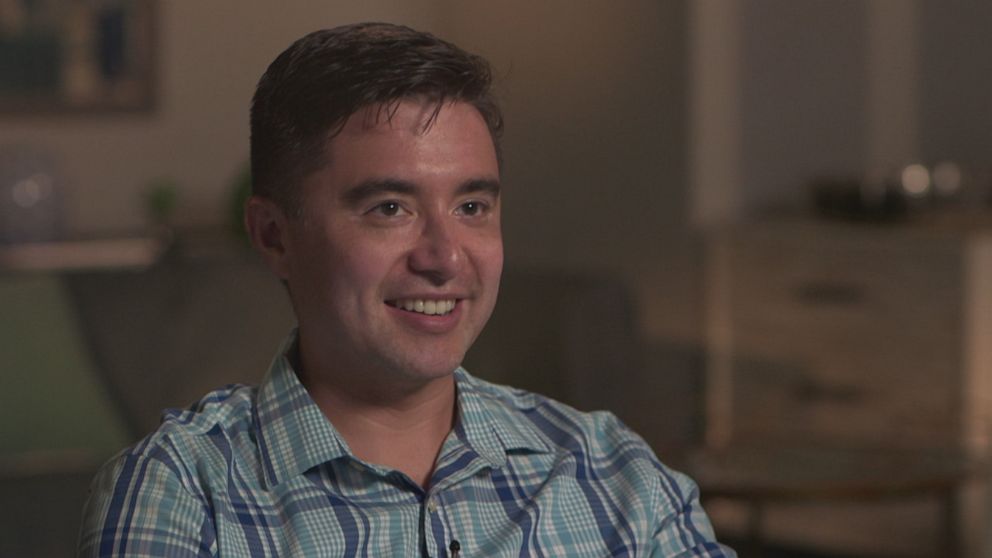
“I think his reputation when we were younger was ‘the really smart neighbor boy next door that went to Harvard,’” Elise King, Buttigieg’s childhood neighbor, said. “He's not someone that's gonna kind of be that bull in the china shop, just saying something to say something.”
Buttigieg turned 20 years old just months after 9/11. Twelve years later, he served in Afghanistan as a naval intelligence officer.
“September 11th happened during our sophomore year,” Koh said. “A bunch of us were sitting together in the dorm room watching the towers burn and then collapse. Peter and I were together with a few other roommates and that was obviously the formative political moment for all of us in college.”
“I think he always was interested in politics, always had that public service drive. But then September 11th added a level of gravity and probably a level of urgency to some of those interests,” he added.
Buttigieg’s classmate Andy Frank said that “after 9/11, there was a lot of hope that this could be a uniting thing for our country. When that didn’t happen and the Iraq war became very politicized, that was disillusioning for many people at Harvard, including myself and including Pete.”
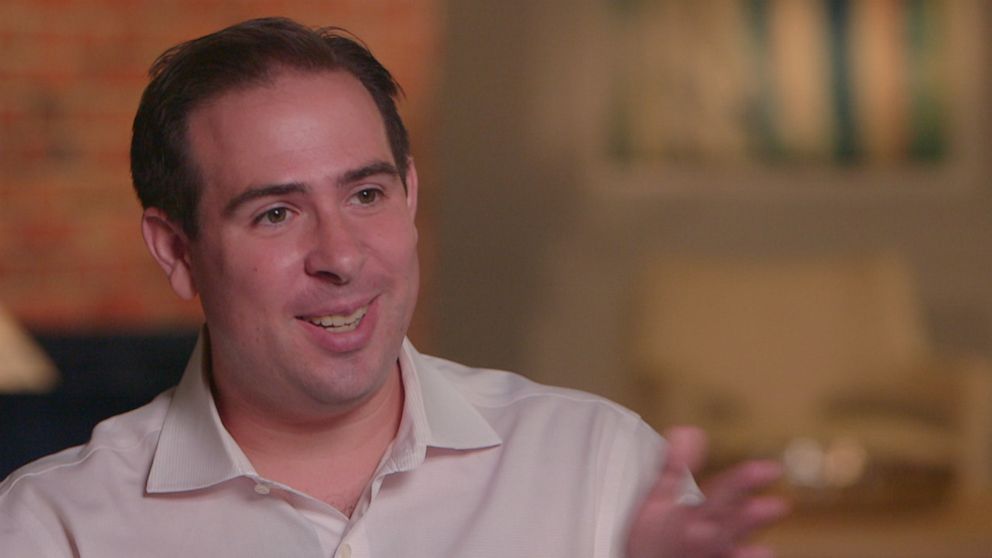
Frank said that Buttigieg, who studied history and literature at Harvard, “cared about language being used in an honest way.”
“I think that what disturbed him the most was how language had been abused in that era,” Frank said. “The real-life consequences of that abuse.”
At the time, Buttigieg was involved with the Institute of Politics, which is part of Harvard’s Kennedy School of Government. Frank said it was a place where people on campus could go to “grill a world leader.”
And in 2003, Buttigieg did just that, questioning Senator Ted Kennedy.
“It feels like a lot of your colleagues have adopted a posture of being for whatever the Republicans are for, only less. The tax cuts, just a smaller one, and the war — maybe not quite as quick as the Republican war. And there are voices like your own which are more forceful in opposition,” Buttigieg said at the time. “I wonder if you see this is as a split in the Democratic party and how you think, politically speaking, in the next few years your party's going to sort out what it thinks the meaning of ‘opposition’ is”
Frank called Buttigieg’s questioning “quintessential Pete,” noting that he “cut through a lot of the noise” and “asked the real question of the day.”
Similarly, Frank recalled that at the time, the Democratic Party had a lukewarm approach to marriage equality.
“Even the Democratic Party was, well, ‘We don’t want to…discriminate against the gays…but…we also aren’t going to do gay marriage… Maybe something like a civil union,’” he said. “Nobody thought it was realistic that a gay American could be elected to higher office. At the time, you know, you had George Bush and the Republicans basically running on antigay slogans.”
Deogracias, King, Koh and Frank each said they didn’t know Buttigieg was gay at the time.
“I didn't know Peter was gay in college. I don't think any of us suspected either,” Koh said. “He had a girlfriend freshman year. He had a girlfriend [in] senior year. At the time, Peter must have felt like he was really in a very difficult place. It wouldn't have made any difference to me or any of our friends. And it doesn't make any difference to us now.”
Same-sex marriage was still illegal in the United States in 2002. It wasn’t until 2015 that the Supreme Court struck down all state bans on same-sex marriage. That was also the year that Buttigieg, at 33 years old, came out as gay. He married his husband Chasten in 2018.
“Being gay is just another part of him, like having brown hair or being Maltese,” Frank said.
“Growing up in South Bend at that time, I do think it would've been pretty difficult to come out as gay,” King said. “I can't say that I had any friends growing up that came out in high school.”
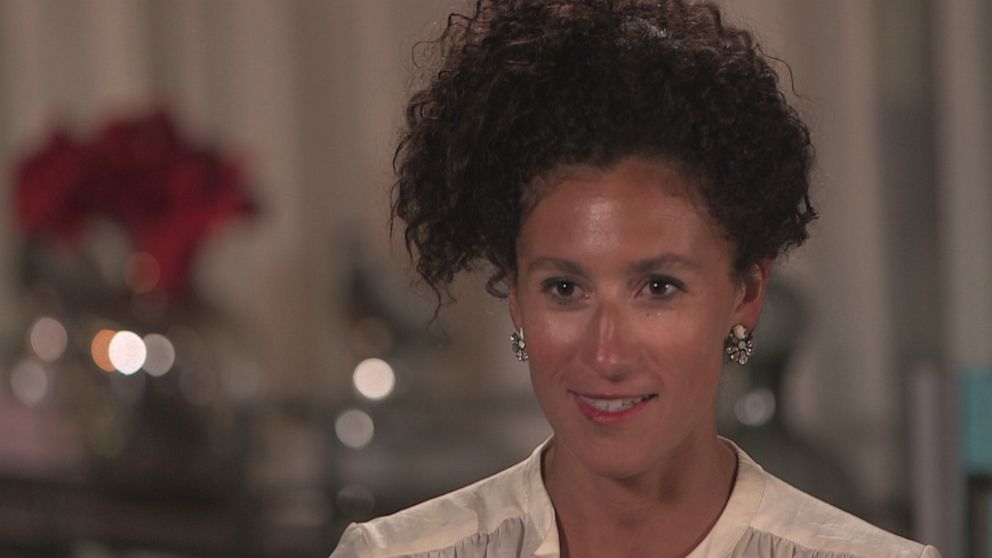
King also shared her memories of Buttigieg and his family.
King said that the community in South Bend, Indiana, “was very and still is very family-oriented.”
“Pete's parents are incredibly kind. His mom did a lot of paintings; she was really generous,” King said. “His dad was extremely jovial. He would kind of sit on the back porch just kind of giving this, like, hearty laugh. He was also a man of deep intellect.”
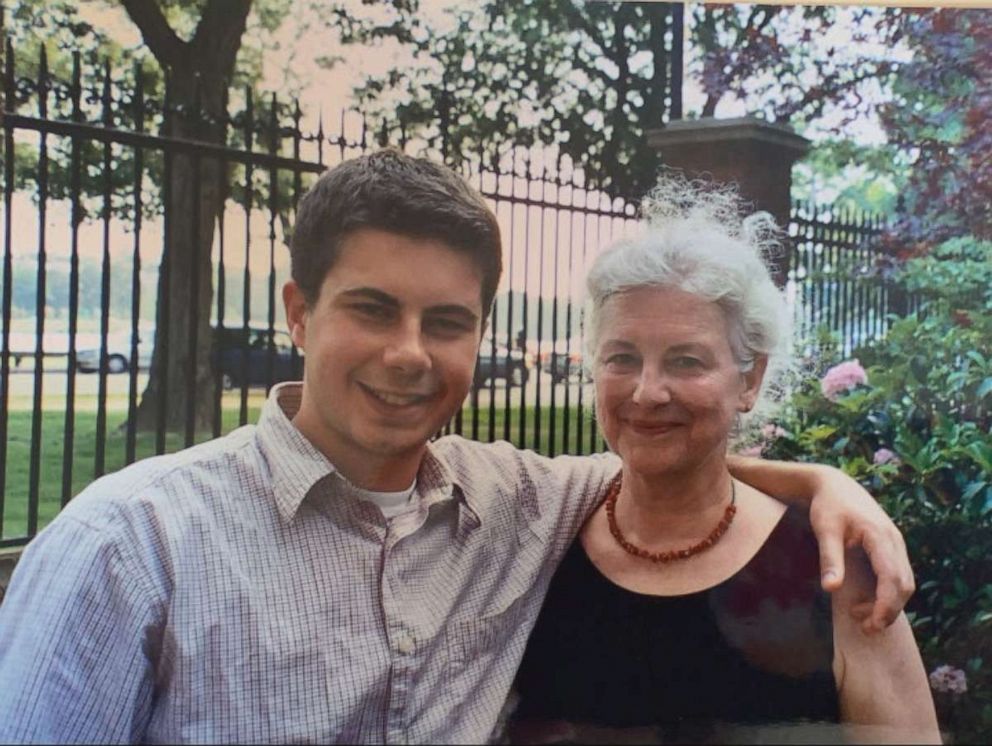
Buttigieg would go to University of Notre Dame football games with his dad, who taught there, Deogracias said. “I think Peter had a really good relationship with his parents,” he said.
“He was an only child and so he spent a lot of time just with his parents, having really deep, sophisticated conversations,” King said.
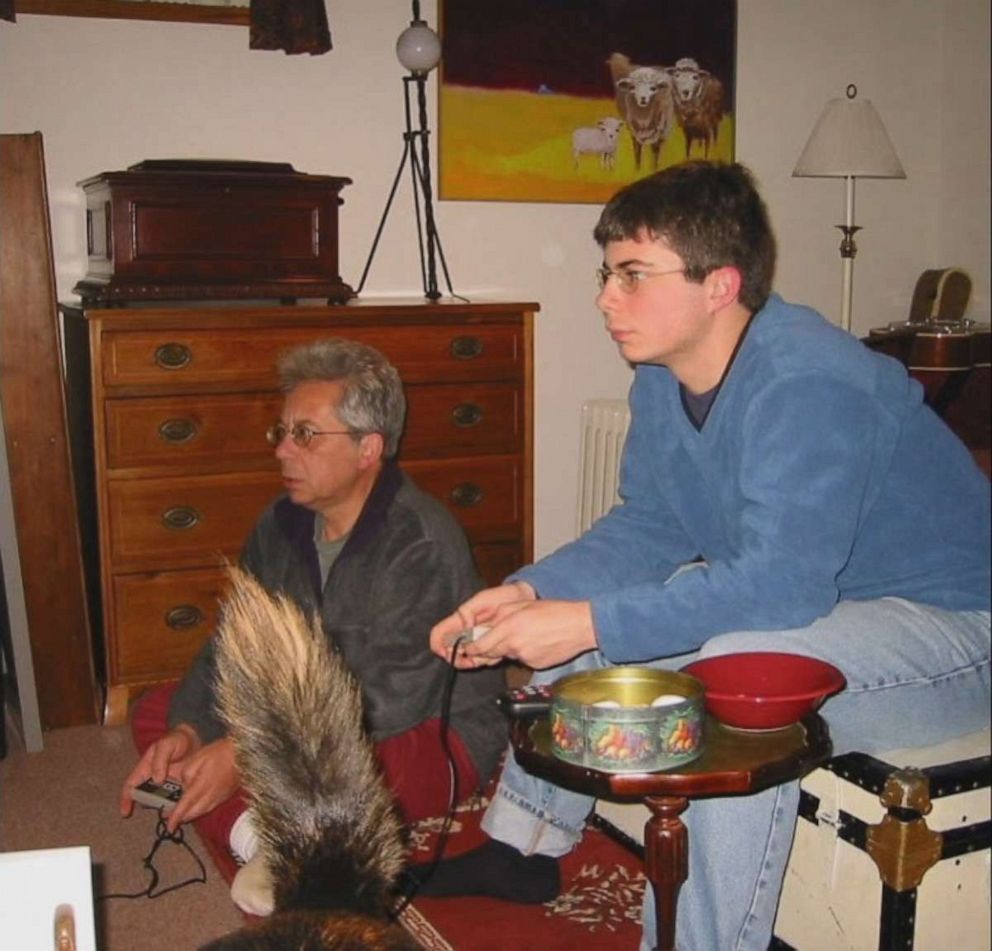
“I remember him saying at a dinner right before graduation, ‘I didn't grow up with brothers but I feel like I have them now,’” Koh added. “There's something about meeting someone at the age of 17 that just really marks who you are. And that runs pretty deep all those years later.”




